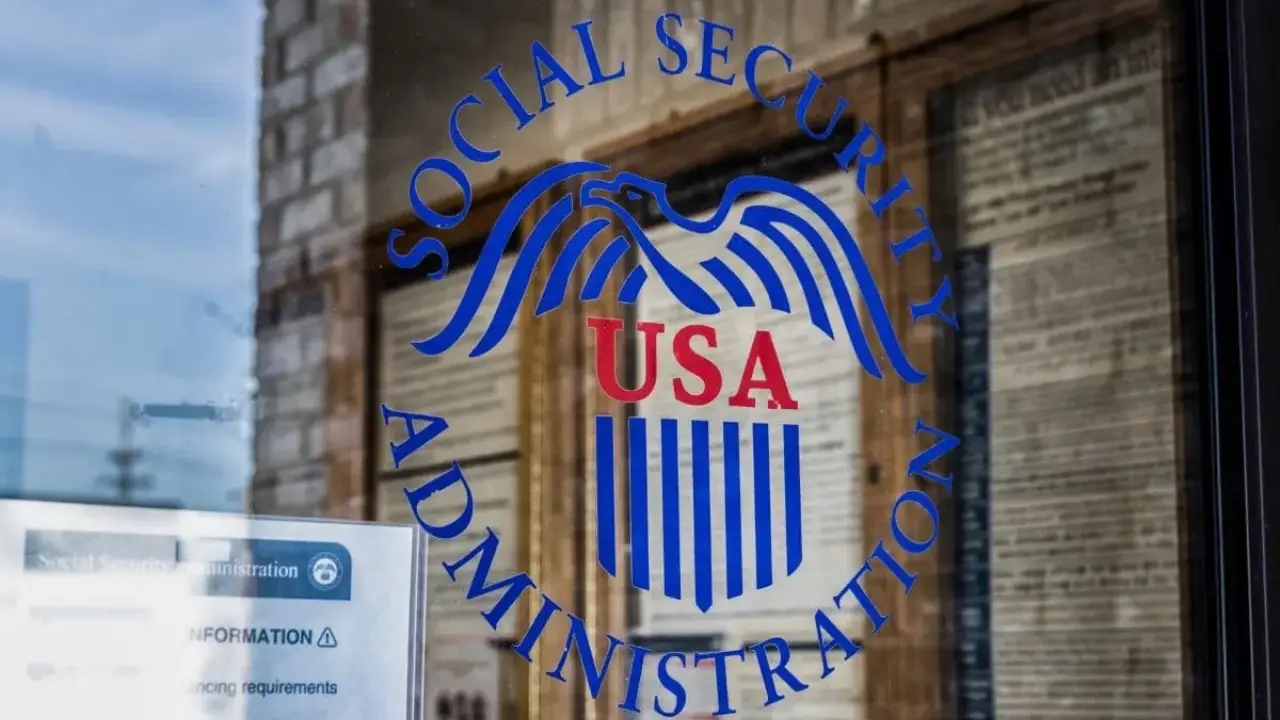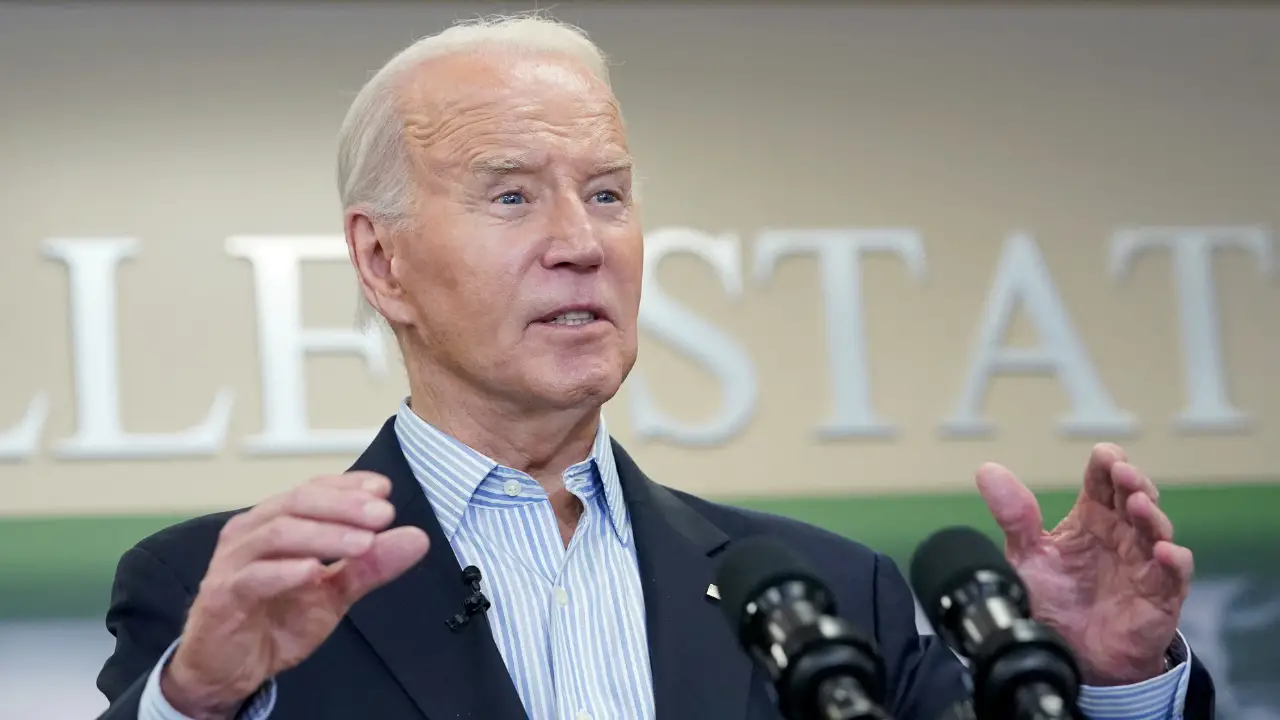On January 5, President Biden officially signed the Social Security Fairness Act into law. This new law promises to provide extra or new Social Security benefits to about 3 million people who receive government pensions from jobs that are not covered by Social Security.
The bill passed with strong bipartisan support in both the House of Representatives and the Senate, but the road ahead for putting this law into action is far from smooth.
A Brief History of the Law
The legislation, introduced two years ago by Rep. Garret Graves (R-La.), initially did not attract much attention. However, it gained momentum in the fall of 2024.
In September 2024, Graves bypassed the normal legislative process and filed a successful discharge petition, forcing the bill to the House floor for a vote.
This move was controversial within the Republican Party, and some even attempted to stop the bill in a quiet House session.
Despite this, the bill eventually reached the Senate in late November 2024, where it faced uncertainty about whether it would even get a vote.
Senate Majority Leader Chuck Schumer (D-N.Y.) ended the uncertainty, announcing at a labor rally that it would be voted on before the 118th Congress wrapped up.
The bill was passed quickly, with little time to discuss the practical challenges involved in putting it into action.
Even when Schumer tried to change the law’s start date late in the process, the amendment was withdrawn. As a result, the law now has the same effective date that was originally proposed two years ago.
The Social Security Administration Faces Big Challenges
Now that the law is official, it’s up to the Social Security Administration (SSA) to carry it out.
This is where the real challenge begins. SSA has already been struggling with declining budgets and staffing shortages.
The agency is now working with one of the smallest staff sizes in 50 years, and its administrative budget has been shrinking for several years.
The SSA has to act quickly to process large back payments for millions of people, but there is a major obstacle: the agency doesn’t have enough resources to handle the increased workload.
The budget for SSA was set through a continuing resolution, which did not include funds to cover the start-up costs of implementing this new law.
Miscommunication Could Cause Problems
One of the biggest challenges for the SSA will be communicating effectively with the public. The law will affect people who worked in government jobs that were not covered by Social Security, and many of them may not realize they are eligible for new benefits.
According to the Congressional Research Service, most state and local government workers, as well as all federal employees hired after 1984, are in jobs covered by Social Security.
Pensioners who worked in covered government jobs will not receive the increased benefits. However, there may be confusion among some who believe they are entitled to these new payments.
The SSA will have to spend a lot of time and resources responding to questions and complaints from people who are misinformed about their eligibility.
Challenges in the SSA’s Computer System

The new law could create complications for the SSA’s computer systems. Before the law passed, many individuals who might now be eligible for Social Security benefits were not registered in SSA’s system.
These pensioners may have never applied for benefits before because they were not eligible under previous rules.
As a result, the SSA will have to process new applications, which will take more time and resources.
The Congressional Budget Office (CBO) projects that the SSA will need to process extra applications from about 70,000 people in the last year of the budget office’s projection period.
The process of approving these applications will be costly, and there are even further complications.
The SSA doesn’t have an online application system for spouse or survivor benefits, and the applications require legal documentation—some of which may be very old.
How SSA Can Improve Communication and Efficiency?
To make this process as smooth as possible, the SSA needs to come up with a clear and effective communication strategy. Its main goals should be:
- Minimizing unnecessary calls or visits from individuals who are not affected by the law.
- Making sure that those who are affected know exactly how to file for benefits.
One way the SSA can improve communication is by working with national organizations such as the AARP and smaller groups that represent government workers and retirees.
These organizations could help spread the word and guide the public on how to proceed.
SSA should also advise the public to contact members of Congress if they need help with complicated benefit cases.
Every congressional office offers services to help constituents with issues like this, and members of Congress can be a useful resource in navigating the system.
The Need for Extra Funding for SSA
Finally, to ensure the SSA has the resources to carry out the new law, the agency should provide Congress with a clear estimate of the start-up costs involved.
Congress should consider increasing the SSA’s administrative budget when the current continuing resolution ends in March 2025.
Without additional funding, the SSA will face difficult choices, and some people may receive poor service while others get the help they need.
Conclusion
The passage of the Social Security Fairness Act is a big win for many pensioners, but it comes with a lot of challenges for the Social Security Administration.
The agency is already struggling with budget issues, staffing shortages, and outdated systems. If Congress does not step in to provide the necessary funds, the SSA will likely struggle to implement the new law effectively.
Clear communication, better resources, and support from national organizations could help make the transition smoother for millions of people who are affected by these changes.
Note- Every piece of content is rigorously reviewed by our team of experienced writers and editors to ensure its accuracy. Our writers use credible sources and adhere to strict fact-checking protocols to verify all claims and data before publication. If any error is identified we promptly correct it and strive for transparency in all updates.




